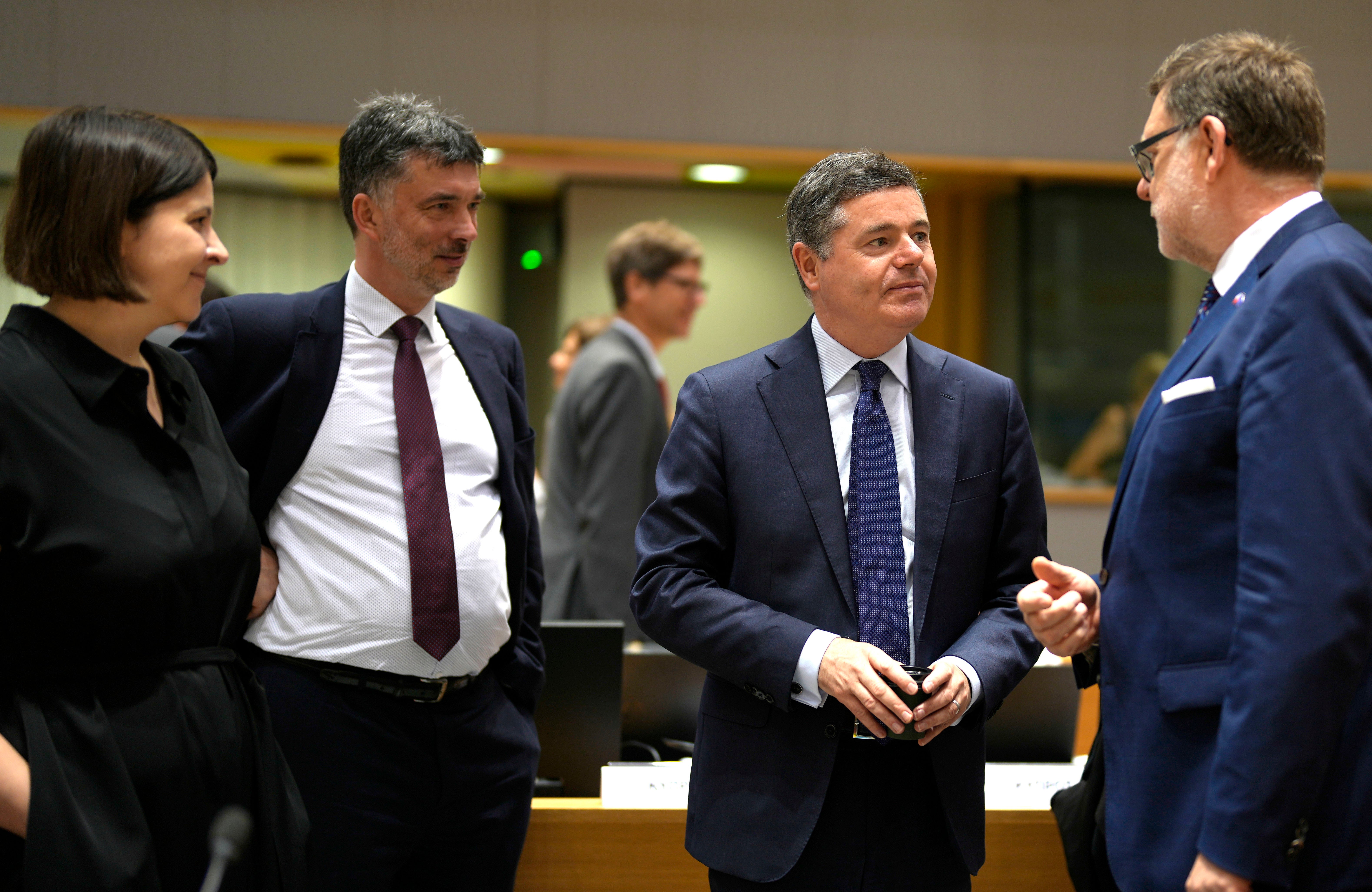Ukraine granted extra EU aid of 1 billion euros
European Union nations have approved fresh aid for Ukraine as the country faces growing economic damage from Russia’s invasion

Your support helps us to tell the story
From reproductive rights to climate change to Big Tech, The Independent is on the ground when the story is developing. Whether it's investigating the financials of Elon Musk's pro-Trump PAC or producing our latest documentary, 'The A Word', which shines a light on the American women fighting for reproductive rights, we know how important it is to parse out the facts from the messaging.
At such a critical moment in US history, we need reporters on the ground. Your donation allows us to keep sending journalists to speak to both sides of the story.
The Independent is trusted by Americans across the entire political spectrum. And unlike many other quality news outlets, we choose not to lock Americans out of our reporting and analysis with paywalls. We believe quality journalism should be available to everyone, paid for by those who can afford it.
Your support makes all the difference.European Union nations on Tuesday approved fresh aid for Ukraine as the country faces growing economic damage from Russia’s invasion.
Finance ministers from the 27-nation EU gave the go-ahead on Tuesday to 1 billion euros ($1 billion) in loans to the Ukrainian government.
The sum brings to 2.2 billion euros the total amount of EU macro-financial assistance to Kyiv this year. An initial 1.2 billion-euro EU loan package got the green light from the bloc’s finance chiefs days before Russia’s full-scale Feb. 24 attack.
The European Commission, the EU’s executive arm, in mid-May proposed extra assistance of up to 9 billion euros to Ukraine. The planned 1 billion-euro payout is part of this initiative, which comes as Russia makes advances in eastern Ukraine and casualties mount on both sides.
“This will give Ukraine the necessary funds to cover urgent needs and ensure the operation of critical infrastructure,” said Zbynek Stanjura, finance minister of the Czech Republic, which currently holds the EU’s rotating presidency, in a statement.
Ukraine said last week that its post-war reconstruction would cost $750 billion. Meanwhile, the government in Kyiv is estimated to need around 5 billion euros a month to keep the economy afloat.
Group of Seven countries, including the United States, have pledged to help Ukraine meet its short-term financing requirements in addition to providing military aid to Kyiv and imposing wide-ranging economic sanctions against Russia.
The five-month-old war is having worldwide economic and social reverberations, ranging from possible food shortages in Africa to energy-supply disruptions in the EU. These in turn are raising the risk of a global recession.
The EU on Thursday is expected to lower its forecast of bloc-wide economic growth in 2022 for the third time this year.
In May, the European Commission projected that EU gross domestic product would expand 2.7% in 2022, downgrading a forecast made in February of 4% growth. The February outlook was itself weaker than a November projection of 4.3% EU GDP growth this year.
Over the past two months, Russia has cut off or reduced natural gas deliveries to more than 10 EU countries and inflation in Europe has continued to surge. In June, inflation in the 19 countries that share the euro currency reached a record 8.6%.